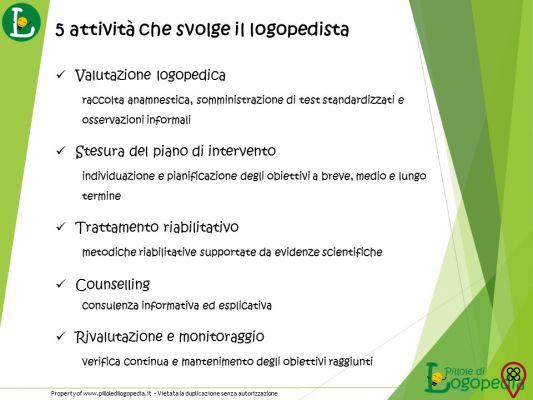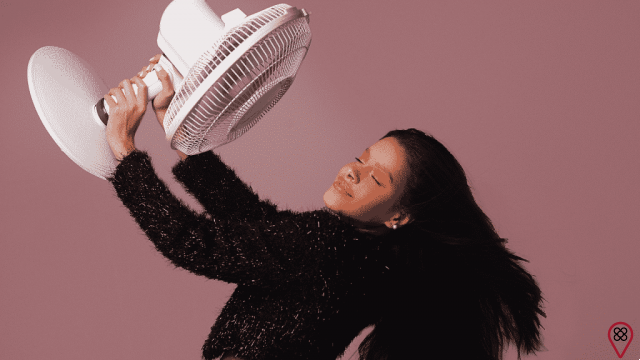Few people know how the menstrual cycle is formed, but believe me: understanding the stages of menstruation can eliminate numerous questions that these periods of a woman's life usually cause. Directly, the menstrual cycle consists of three parts: the follicular phase, the proliferative phase and the luteal phase. However, there are some divisions that separate the cycle into four phases, in which the last is the secretory phase, and also those that unite the luteal phase with the secretory phase.
Today we will explain what the luteal phase is, which consists of the last phase of the menstrual cycle or the second half of the cycle. This is the stage where the ovaries produce progesterone and the uterus lines up for a possible pregnancy.
As these phases of a woman greatly influence the production of hormones, each has a significant psychological effect, and can affect mood and mental health during peaks in hormone production. Keep reading the article and understand the importance and functionality of the luteal phase!
When does the luteal phase begin?
The luteal phase begins after the period of ovulation and lasts for about 11 to 16 days - it all depends on the woman's body - and ends a few days before the start of menstruation. In this phase, as soon as the egg is released, a follicle that has been ruptured closes forming a structure called the corpus luteum, which is responsible for producing large amounts of progesterone. But when fertilization occurs, the progesterone in the corpus luteum is what supports the beginning of pregnancy.
If an egg is fertilized, the corpus luteum's progesterone supports a pregnancy
This hormonal change is called PMS (Premenstrual Tension), as numerous physical and emotional symptoms begin to appear in the period before menstruation.
What are the symptoms of the luteal phase?
Luteal phase symptoms are associated with PMS symptoms such as mood swings, acne breakouts, swelling, breast tenderness and pain, changes in appetite, etc. Such symptoms are extremely common because of hormonal changes. They usually disappear with the onset of menstruation.

What is the function of the luteal phase?
The luteal phase can be an extremely uncomfortable time for women, but even with all the hormonal change that occurs during it, due to high levels of progesterone, it is the phase where the initial stage of pregnancy is fixed.
When a woman's luteal phase is less than 11 days, it means that her body cannot produce the necessary amount of progesterone - which can represent a great difficulty in getting pregnant. In women who have a luteal phase that exceeds 16 days, progesterone levels prevent menstruation.
What is the chance of getting pregnant in the luteal phase?
As the luteal phase is the last phase of the menstrual cycle, the level of progesterone increases and signals the woman's body that the ovaries should no longer release eggs. As a result, the cervical mucus dries up and prevents sperm from reaching the uterus. After a sexual act, an egg that has been fertilized can take up to six days to reach the uterus – if by chance it implants in the endometrium, the level of HCG will increase (it is possible to follow the changes through pharmacy tests). For these reasons, the chances of getting pregnant during the luteal phase are very low, as there is no longer the release of eggs.
You may also like
- Discover the bicornuate uterus
- Learn to calculate your menstrual cycle
- Watch out for the 6 mistakes you've already made during menstruation
The luteal phase and the woman's psychology
The menstrual cycle is itself a period that shakes a woman, both emotionally and physically. The luteal phase, as mentioned earlier, causes some physical symptoms and also affects mental health in a negative way. It is common during this phase for a woman to feel extremely sensitive, uncomfortable, irritable and even apathetic. Extreme feelings are extremely common, such as tantrums or crying, for example.

As much as every woman knows that these periods exist, it is not always easy to deal with hormonal changes. It is always advisable to consult a specialized doctor to control both the use of contraceptives and the mood during these phases.

























